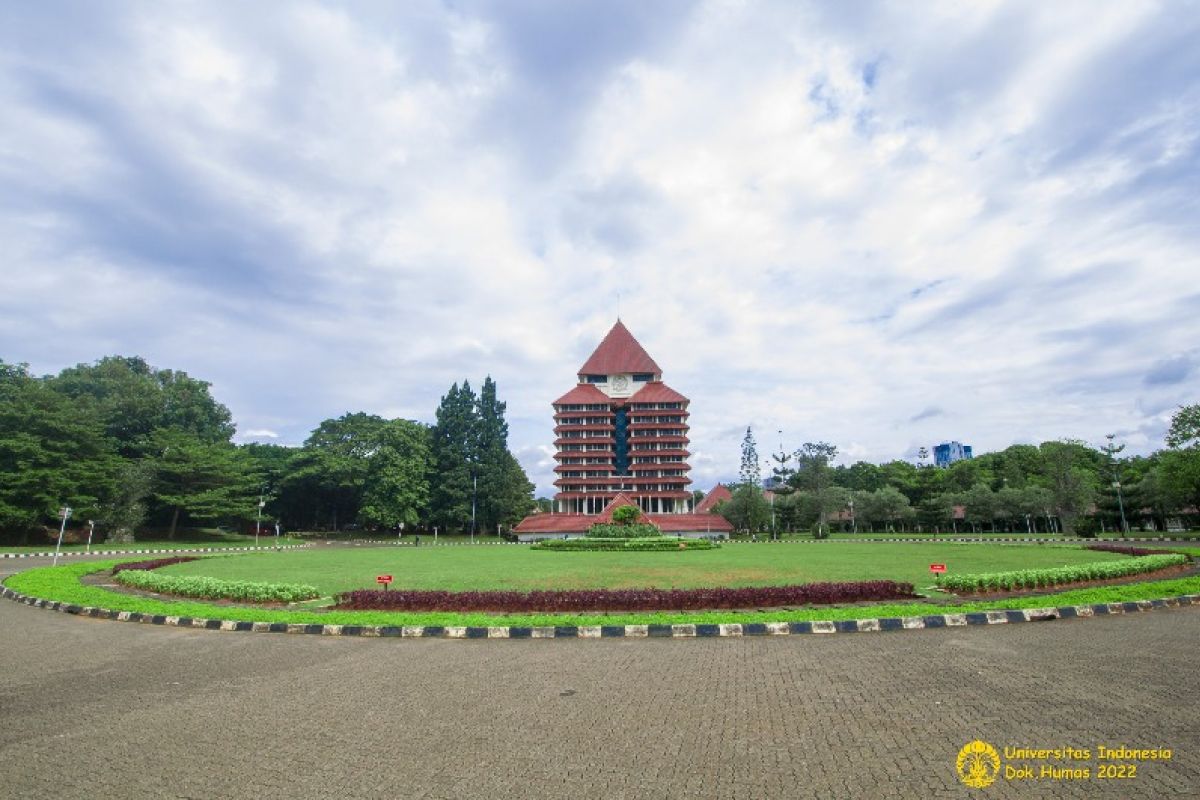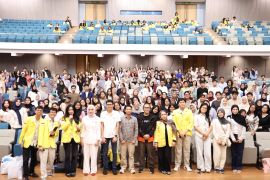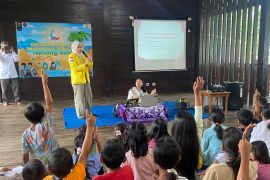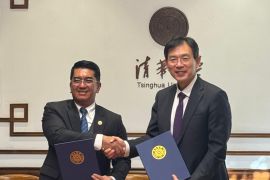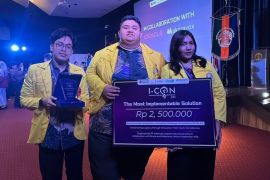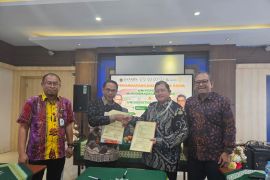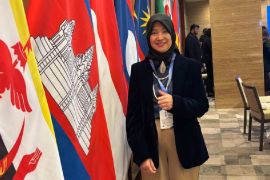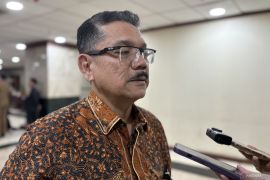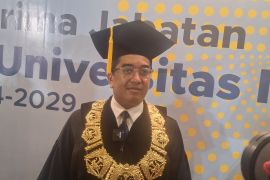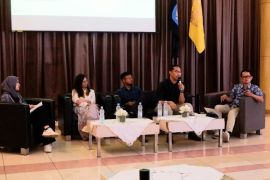The university has maintained its commitment to becoming an innovative, independent, inclusive, dignified, and leading higher educational institution in Southeast Asia and the world, he said in a statement released here on Saturday.
The commitment has been proven by the international recognition that UI has achieved, he added.
He then lauded all members of the UI academic community, including the faculty and students, for their hard work and collaboration, which have contributed to the advancement of the university's teaching, research, and community services.
In the Webometrics Ranking of World Universities' January 2023 edition, UI has been ranked 10th in Southeast Asia and 551st in the world, he informed, adding that last year, UI ranked 577th in the world.
Webometrics used three indicators for determining university rankings: visibility or web content impact, transparency or openness, and excellence or scholarship, he said.
Visibility, which accounted for 50 percent of the total number of points in the ranking system, referred to the “number of external networks (subnets) linking to the institution's webpages (which were normalized and then the maximum value was chosen).”
Meanwhile, transparency, which accounted for 10 percent of the total number of points, referred to the “number of citations from the Top 310 authors (excluding the top 30 outliers).”
Excellence, which accounted for 10 percent of the total points, referred to the “number of papers amongst the top 10 percent most cited in each one of all 27 disciplines of the full database of Scimago for the five-year period: 2017–2021,” Kuncoro said.
According to its official website, the Webometrics Ranking of World Universities is an initiative of the Cybermetrics Lab, a research group belonging to the Consejo Superior de Investigaciones Científicas (CSIC), the largest public research body in Spain.
CSIC is among the first basic research organizations in Europe. In 2006, it comprised 126 centers and institutes located across Spain.
CSIC is attached to the Ministry of Education and its main objective is to promote scientific research so as to improve the scientific and technological progress of the country and thereby, contribute to an increase in the welfare of citizens.
CSIC also plays an important role in the emergence of new researchers and technicians in the different aspects of science and technology.
The organization collaborates with other institutions in the Spanish R&D system (universities, autonomous governed bodies, and other public and private research organizations) and with social, economic, national, or foreign agents, contributing its research capacity and human and material resources for the development of research projects or providing consultancy and scientific and technical support.
Related news: University of Indonesia best in int`l publication
Related news: UI named best university in Indonesia and ranks 878th globally
Translator: Feru L, Rahmad Nasution
Editor: Azis Kurmala
Copyright © ANTARA 2023
